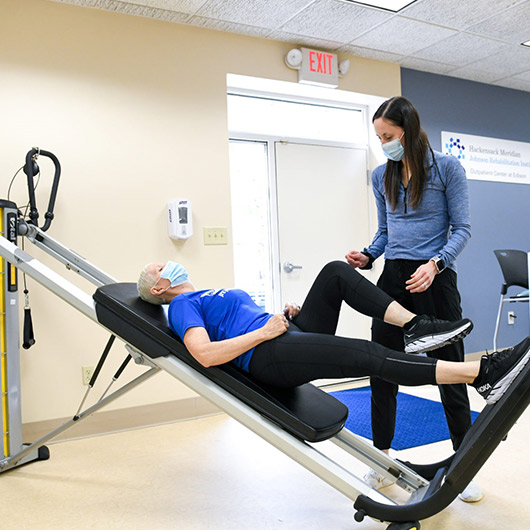Staying “Regular:” Why It’s Important and How to Do It
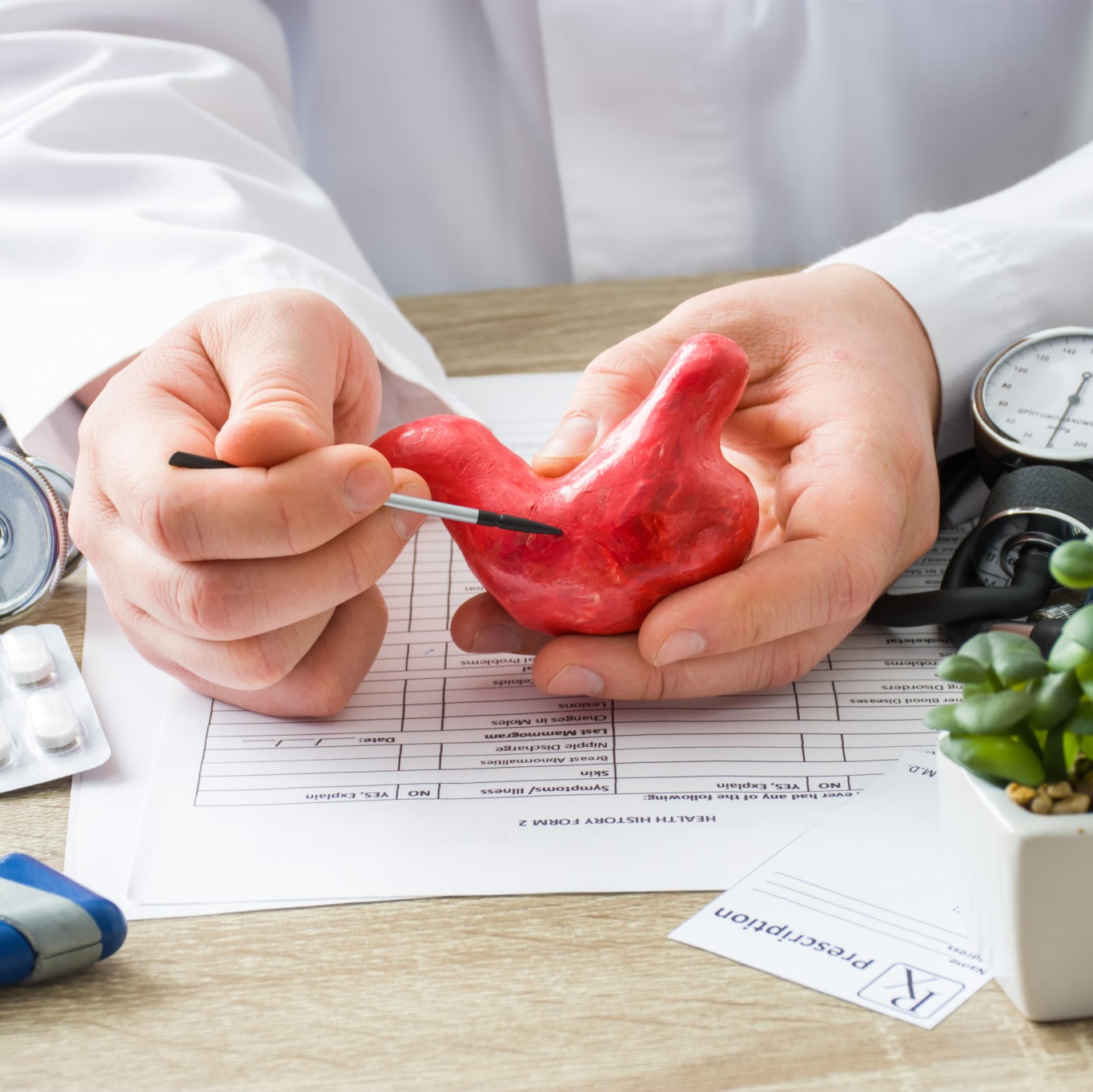
August 19, 2021
Two of the most common questions patients ask Rosario Ligresti, M.D., chief of the gastroenterology division at Hackensack University Medical Center, are what does it mean to be “regular” and how do they achieve that. There isn’t one answer, he says.
What’s “Regular”?
“Normal frequency is individualized depending on the patient, their diet and their upbringing,” he says. For some people being “regular” means having a bowel movement once a week; for others, it’s twice a day. Color and consistency are also unique to the individual. However, having a tarry-black stool or blood in the stool may warrant monitoring and investigation.
What people need to be concerned about isn’t so much their regularity, but a dramatic change in what has been normal for them, he says. If you normally have two bowel movements a day and suddenly are having them once a week—especially if that change is accompanied by other symptoms, such as a change in the consistency of your feces or blood in your stool—or you cannot readily explain why the change is occurring, you should contact your doctor.
How to Avoid Constipation
When most people ask about being “regular,” they normally want to know how to avoid constipation, Dr. Ligresti says. Again, there’s no one answer. Eating prunes won’t do it for every person. “Every single person has their own unique recipe,” he says.
Generally, he recommends:
- More exercise, even if it’s minimally increased activity, because more movement gets things—well—moving
- Probiotics
- Soluble fiber, found in oats, peas, beans, apples, citrus fruits, carrots and barley
If exercise, probiotics, and soluble fiber don’t relieve constipation, Dr. Ligresti may recommend stool softeners and, occasionally, motility medications. He usually doesn’t recommend commercially available fiber supplements because people find them hard to tolerate. They often are not well digested and lead to bloating and gas, so they stop taking it, he says. Laxatives are usually a last resort option or an occasional option, he says, because the colon can get used to it and then the patient can’t have a bowel movement without it.
How to Avoid Diarrhea
While most people are trying to avoid constipation, some people want to avoid diarrhea or loose bowel movements.
Loose bowel issues usually are related to a chronic health condition such as dairy intolerance or irritable bowel syndrome, or are a result of an acute situation, such as a viral or bacterial infection, says Dr. Ligresti.
Just like with constipation, if there is no good reason to explain your loose bowel movements, you should talk to your doctor. Treatment depends on the cause. In many acute situations, diarrhea resolves on its own in two to three days, but persistent diarrhea may require medical or dietary management. Diarrhea can lead to dehydration, which can cause serious problems. If you have diarrhea, remember to stay hydrated by drinking fluids with electrolytes.
Next Steps & Resources:
- Meet our source: Rosario Ligresti, M.D. To make an appointment with Dr. Ligresti or a doctor near you, call 800-822-8905.
The material provided through HealthU is intended to be used as general information only and should not replace the advice of your physician. Always consult your physician for individual care.
Worst Foods to Eat for Your Health

If you haven’t thought about whether or not the foods that you consume are truly nourishing you, take time to examine your eating habits to ensure that you’re meeting your nutritional goals.
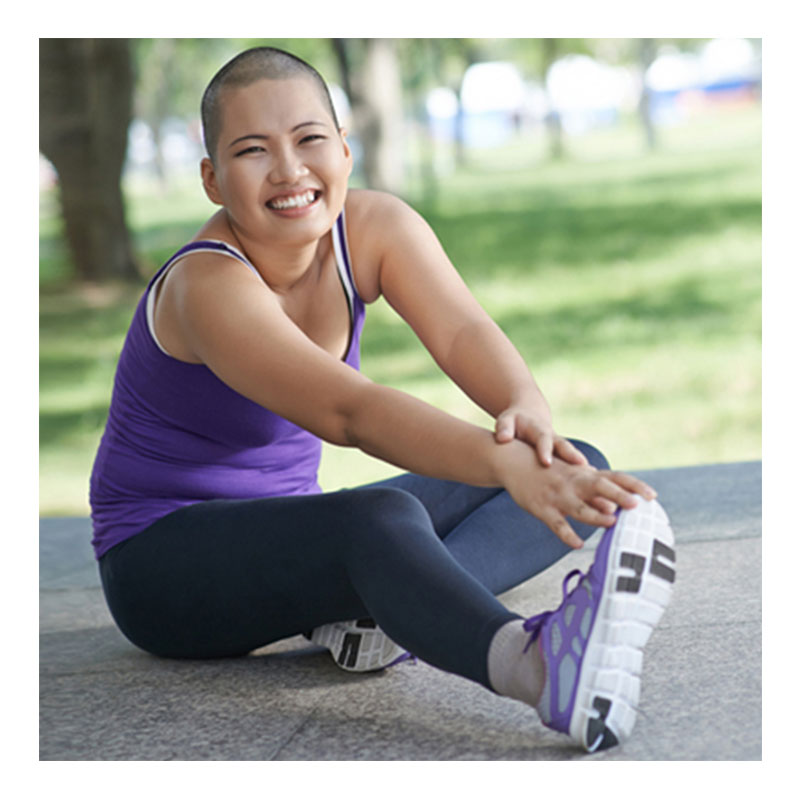
Top 3 Weight-Loss Surgery Myths
Aram E. Jawed, M.D., bariatric surgeon at JFK University Medical Center clarifies misconceptions about weight-loss surgery.

How to Use Telemedicine if You Feel Sick
One valuable resource that allows you to visit a doctor without sitting in a waiting room is telemedicine.
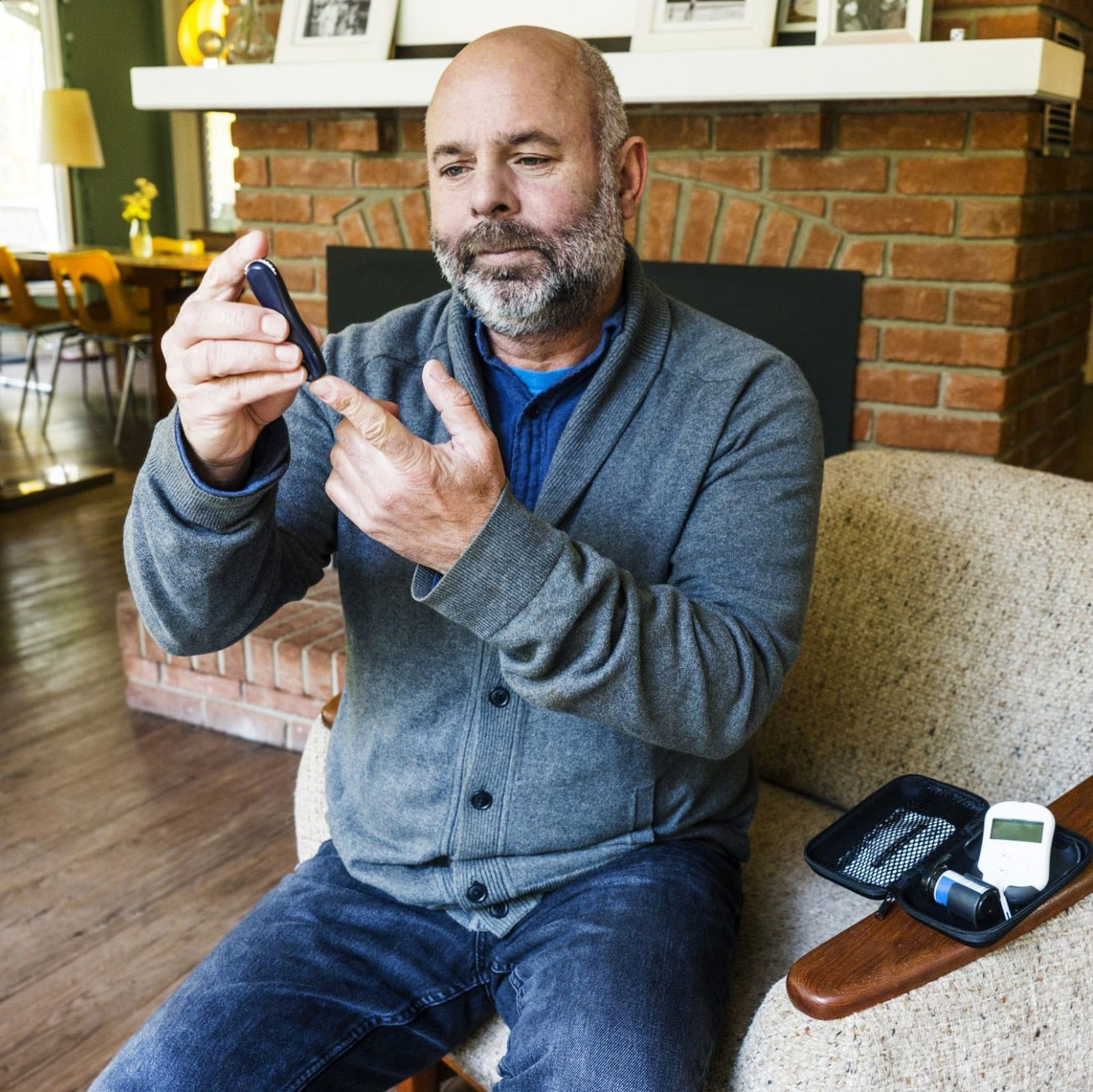
Diabetes and COVID-19: Staying Healthy
People with diabetes are not more likely to get COVID-19 than the general population, according to the American Diabetes Association.
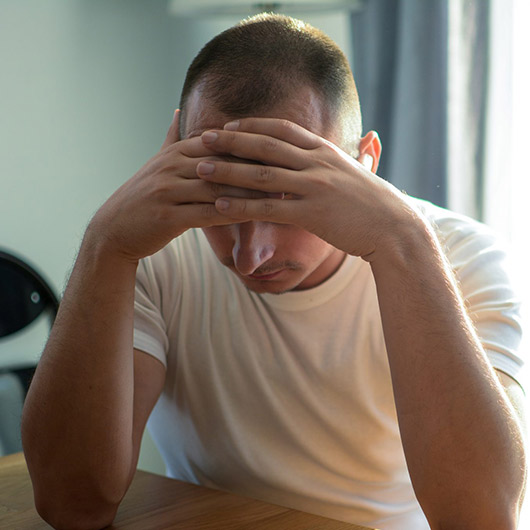
Drugs & Alcohol Are No Way to Cope
Heightened anxiety can manifest itself in a variety of harmful behaviors, not least among them the increased use of drugs and alcohol.
